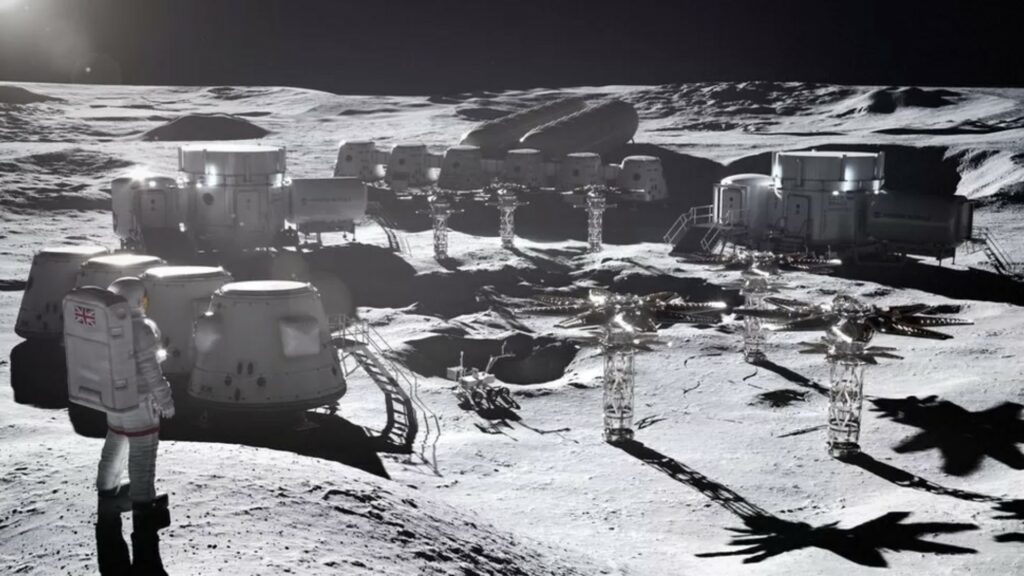
Scientists at Bangor University have developed tiny nuclear fuel cells, the size of poppy seeds, which could provide the energy needed for astronauts to live on the Moon for extended periods.
This development is part of the NASA-led Artemis Program, aiming for a Moon outpost by 2030. Bangor University, collaborating with partners like Rolls Royce, the UK Space Agency, NASA, and the Los Alamos National Laboratory, has sent a nuclear fuel cell known as a Trisofuel for testing.
This technology may also be used to power rockets, potentially reducing travel time to Mars. The Moon’s resources and the commercialization of space present both opportunities and challenges, highlighting the need for updated space laws. [BBC]
Guys, it’s time to wake up!
If a few more people choose to support my work, I could expose more lies, root out more corruption, and call out more hypocrites. So, if you can afford it, please support my endeavor by either using PAYPAL or the DonorBox below (PAYPAL & Credit Cards / Debit Cards accepted)…
If you are a crypto fanatic, I do now accept crypto donations:
BTC: 1AjhUJM6cy8yr2UrT67iGYWLQNmhr3cHef (Network: Bitcoin) USDT: 0x490fe5d79d044a11c66c013e5b71305af0a76c1b (Network: Etherum ERC20)
You should join my newsletter to get a compilation of different breaking news, pictures and videos on a daily manner…
Thank you,
Manuel











